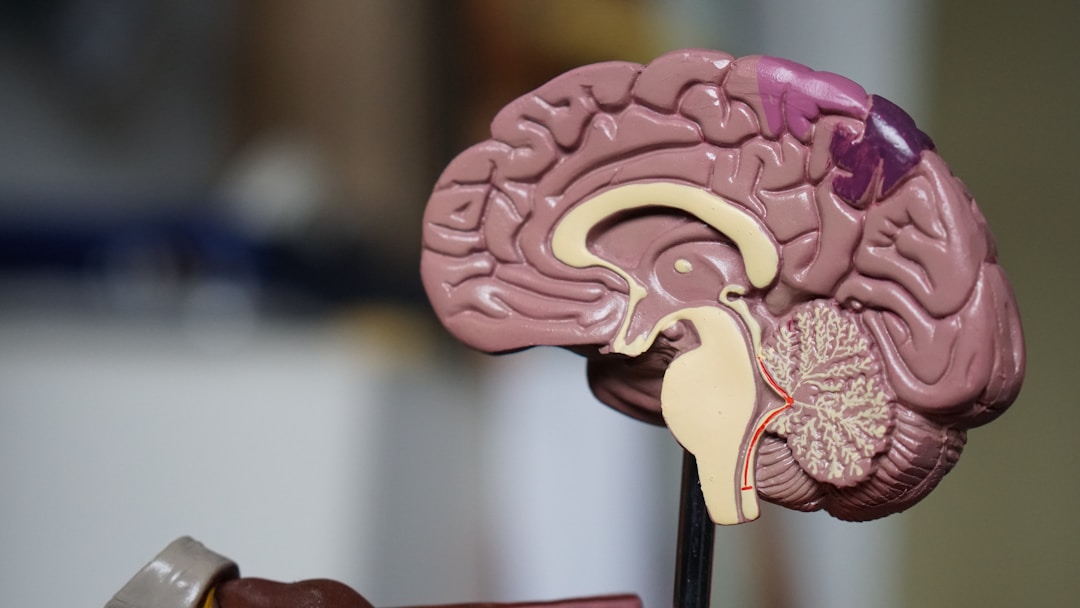Alcohol consumption is a popular pastime for many people, whether it’s enjoyed in moderation or indulged in excess. However, it’s crucial to recognize the potentially severe and life-threatening consequences of excessive alcohol intake. One of these consequences is alcohol poisoning, which can have devastating effects on the body. In this article, we will explore the impact of alcohol poisoning on various body systems and the importance of recognizing alcohol poisoning symptoms.
Impact on the Nervous System

One of the first systems affected by alcohol poisoning is the nervous system. Excessive alcohol consumption can cause the brain’s functions to slow down, leading to several cognitive impairments. These can include difficulties with memory, attention, and decision-making. As the symptoms continue to worsen, individuals may start to experience lapses in consciousness and potentially even blackouts.
Furthermore, alcohol poisoning can lead to a dangerous slowdown in the brain’s communication with the rest of the body, impairing reflexes and motor control. This can result in impaired movement coordination, making it harder for an individual to move or even walk properly. This lack of coordination can also increase the risk of accidents and falls, leading to potential injuries.
Finally, severe alcohol poisoning can impact the brainstem’s autonomic functions, controlling essential life-supporting processes such as breathing, heart rate, and body temperature regulation. If these functions are compromised, it can lead to respiratory failure, irregular or slow heartbeat, and hypothermia, increasing the risk of permanent brain damage or even death.
Effects on the Liver
The liver is responsible for filtering and breaking down alcohol in the body. However, when faced with an excessive amount of alcohol, the liver can become overwhelmed. During alcohol poisoning, the liver’s detoxification process can become impaired, allowing toxins to accumulate in the body and cause further damage to the liver itself.
Long-term alcohol abuse can lead to liver diseases such as fatty liver, alcoholic hepatitis, and cirrhosis. These conditions can cause a range of complications, including liver failure, jaundice, and an increased risk of liver cancer. In the case of alcohol poisoning, the liver’s impaired function can also result in a buildup of lactic acid, potentially leading to a dangerous condition called lactic acidosis.
Lactic acidosis can cause symptoms such as rapid breathing, confusion, and extreme fatigue. If left untreated, this condition can lead to coma and death. This is another reason why it is crucial to recognize the symptoms of alcohol poisoning and seek medical attention as soon as possible.
Impact on the Gastrointestinal System

Excessive alcohol intake can irritate the lining of the digestive tract, particularly the stomach and intestines. This irritation can lead to inflammation, ulcers, and bleeding, increasing the risk of complications such as gastritis, gastroesophageal reflux disease, and stomach ulcers. Furthermore, the inflammation caused by alcohol poisoning can impair nutrient absorption from the gut, leading to malnutrition and weight loss.
Alcohol is a known diuretic, meaning that it increases urine production, which can cause dehydration if not managed well. Dehydration can lead to numerous complications, including electrolyte imbalances, kidney dysfunction, and cognitive issues. It is essential to recognize alcohol poisoning and seek help if you suspect someone is experiencing this dangerous condition.
Another potential impact of alcohol poisoning on the gastrointestinal system is the risk of choking on vomit. Excessive alcohol consumption can impair the gag reflex, making it difficult for a person to clear their airway if they vomit. This can lead to aspiration pneumonia, a severe lung infection caused by inhaling vomit into the lungs.
Long-Term Consequences of Alcohol Poisoning
Survivors of alcohol poisoning may experience long-lasting complications and damage to their bodies. These complications can include kidney and liver failure, permanent brain damage, and an increased risk of developing chronic alcohol-related conditions such as cirrhosis, alcoholic hepatitis, and even gastrointestinal cancers.
The emotional and psychological consequences of surviving alcohol poisoning should not be underestimated either. Individuals may experience increased anxiety, depression, guilt, and embarrassment following the event. The damage to relationships, jobs, and social life can also be significant and long-lasting, as trust and respect can be eroded following an episode of alcohol poisoning.
Overall, alcohol poisoning is a severe and potentially life-threatening condition that can have long-term physical and emotional consequences. It is essential to recognize the symptoms of alcohol poisoning and seek help immediately to reduce the risk of lasting damage and complications. Responsible alcohol consumption, open communication, and education about the dangers of excessive alcohol intake are key to preventing alcohol poisoning and protecting our health.




